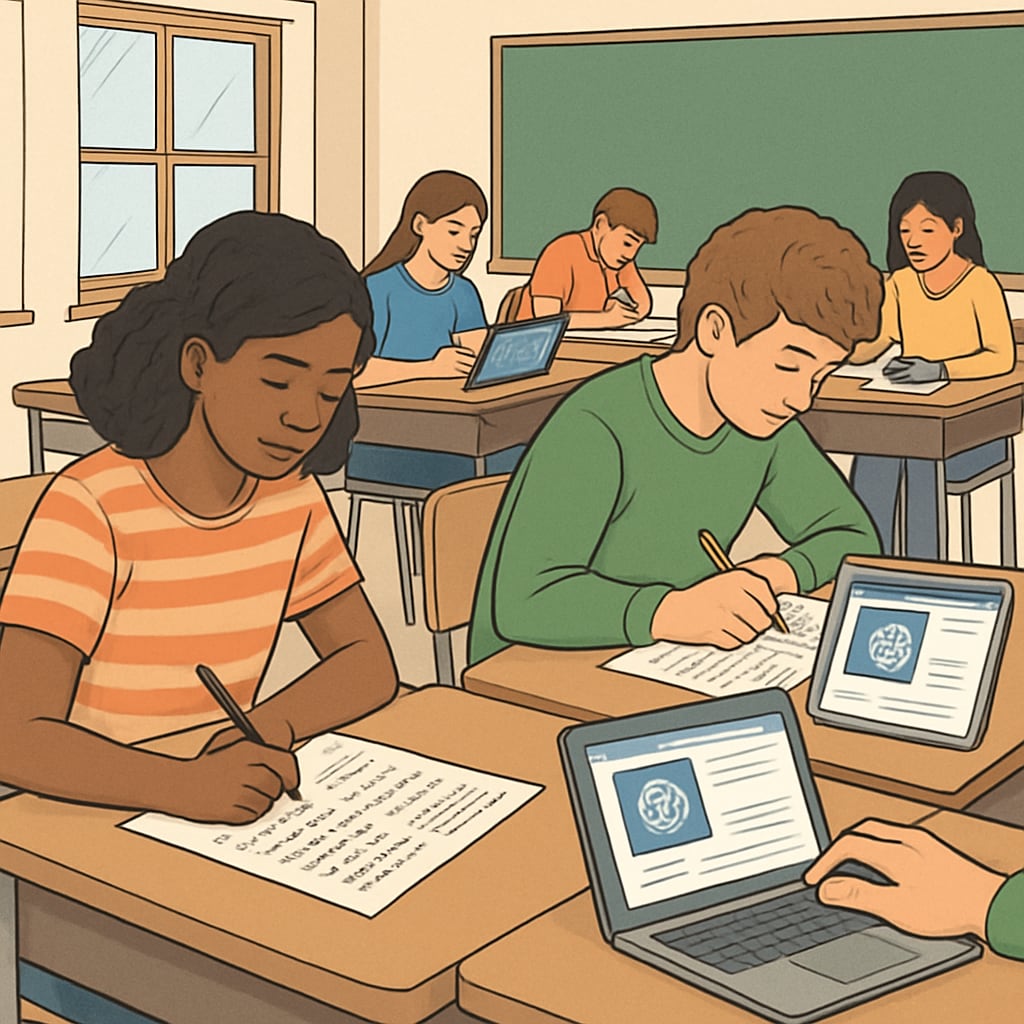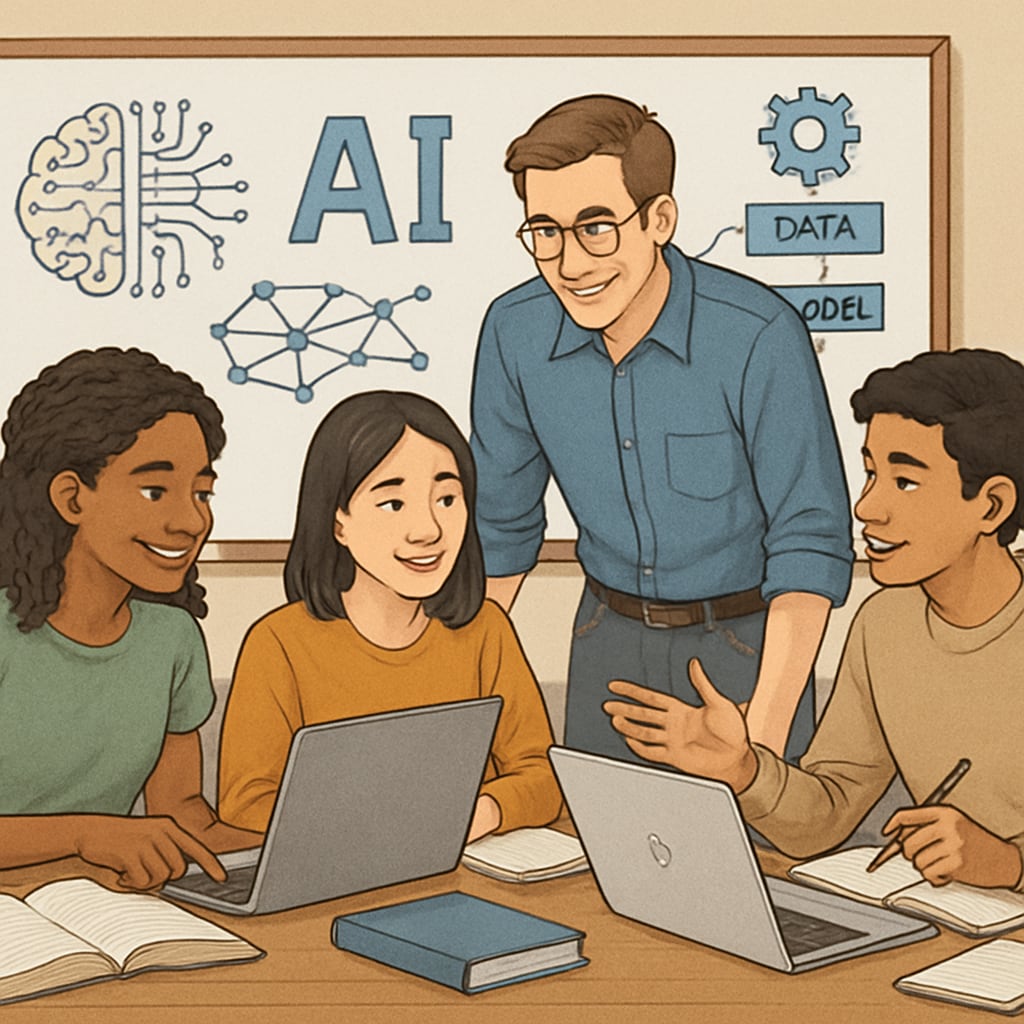The rapid advancement of artificial intelligence, competitive exams, and talent selection is revolutionizing the way educational institutions assess and select students. Traditional methods of evaluation, such as standardized competitive exams, are increasingly being questioned in light of AI-driven technologies. This article examines the challenges posed by AI in the current education system and outlines pathways for reforming competitive exams to ensure a fair, innovative, and inclusive talent selection process.
Challenges in Competitive Exams in the AI Era
Artificial intelligence has brought remarkable changes to education, but it also raises concerns about the effectiveness and fairness of traditional competitive exams. These exams often prioritize rote memorization and standardized testing formats, which may not align with the skills required in the AI-driven world.
- Automation and Cheating: AI tools like ChatGPT and machine learning algorithms make it easier for students to cheat or manipulate exam results.
- Skill Mismatch: Traditional exams focus on theoretical knowledge, ignoring critical thinking, creativity, and problem-solving skills that are highly valued in the AI era.
- Accessibility Issues: AI technologies can amplify existing inequalities, as not all students have equal access to AI tools or training.

Reforming Competitive Exams for Talent Selection
To address these challenges, education decision-makers must embrace reforms that align competitive exams with the needs of the AI era. Below are key suggestions for transforming the talent selection process:
- Incorporate AI-driven Assessments: Use AI tools to evaluate students’ creativity, collaboration, and problem-solving skills rather than just their memorization abilities.
- Promote Project-Based Learning: Replace standardized tests with project-based assessments that allow students to demonstrate practical application of knowledge.
- Ensure Equity: Provide access to AI tools and training for all students, regardless of socioeconomic background, to create a level playing field.

Protecting Talented Students in a Changing Landscape
One of the primary goals of reforming competitive exams is to ensure that truly talented students are not overshadowed by technological changes or systemic inequalities. As a result, educators and policymakers must focus on:
- Identifying Individual Strengths: Develop personalized evaluation systems using AI to highlight each student’s unique skills.
- Fostering Innovation: Encourage students to think outside the box and reward creative problem-solving in assessments.
- Balancing Technology and Human Judgment: Use AI as a supportive tool rather than a replacement for human evaluators.
By adopting these approaches, education systems can protect the development and recognition of talented students while adapting to technological advancements.
Conclusion: A Call for Action
The integration of artificial intelligence into education demands a reevaluation of traditional competitive exams and talent selection processes. These reforms must prioritize fairness, innovation, and inclusivity to ensure that students are not disadvantaged in an AI-driven world. As education evolves, decision-makers must act boldly to reimagine assessment methods, paving the way for a future that nurtures true talent and creativity.
Readability guidance: This article uses short paragraphs and lists to ensure clarity. Transition words like “however,” “therefore,” and “as a result” are incorporated for better flow. Passive voice is minimized, and average sentence length is controlled to improve comprehension.


